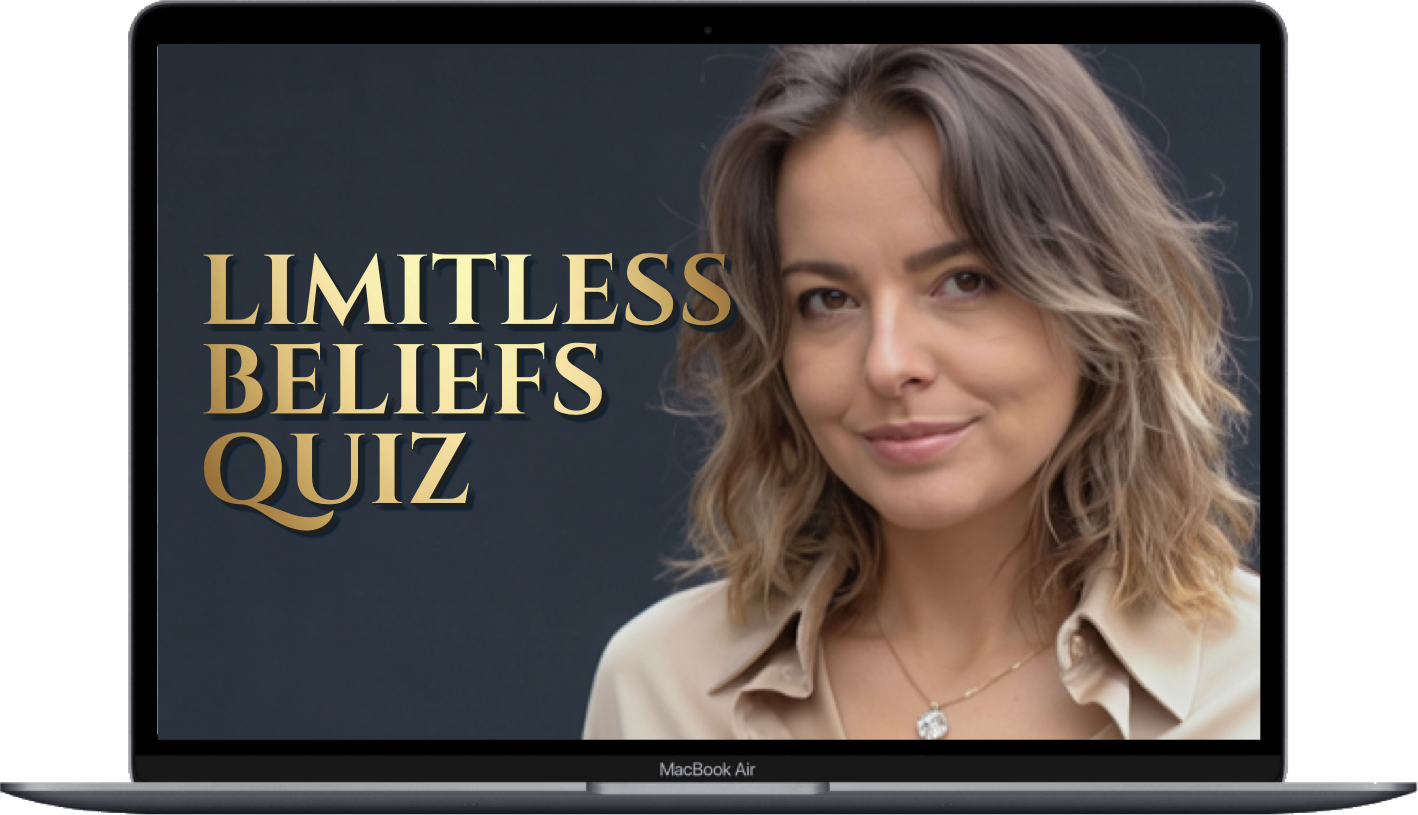For a long time, I believed I loved people. But recently, I admitted something that initially felt harsh, even misanthropic: I don’t. At least, not in the way I thought I did.
What I once called love was often fear, dependency, and a deep craving for validation. I feared people, sought their approval, and tried to earn their closeness by offering a kind of smothering affection. But that wasn’t love. It was a plea for connection that masked a wound I didn’t yet understand.
When my mother died, I lost the primal fusion — that sense of being one with another. And unconsciously, I spent years trying to recreate that symbiosis in my relationships. I mistook fusion for love. I wanted oneness. I confused intimacy with erasure of self.
I now see how I tried to recreate that early bond, especially in emotionally close or intense working relationships. I needed others to accept my love, to merge with me, so I could believe I was lovable. When they didn’t, I assumed the problem was me: not beautiful enough, not good enough. But the real issue was that I was offering something people hadn’t asked for. I wasn’t giving love — I was imposing it.
There was a time I even thought: “I love people so much.” But now I see that I wanted them to validate me, to complete me, to fill the space left by that first great loss. I craved ecstatic merging more than mutual recognition. And perhaps — though I’m still exploring this — that’s where some of my heightened sexuality came from: a desire to dissolve boundaries, to feel one again.
Eventually, the pieces started to come together:
- I imposed love.
- I feared rejection.
- I sought validation.
- I wanted fusion.
- And underneath it all, I feared people.
Because they could refuse me. They could reveal that I wasn’t worthy — not of love, but of their permission to love them.
And then something shifted.
I stopped trying to love people.
Not because I started to hate them — I didn’t. But because I finally allowed myself to stop pretending. I realized I was largely indifferent. Most of what I did for others, I did for myself. Yes, I care about injustices and suffering. Yes, there are a few people I truly love. But love for humanity? It was never there. And admitting that brought relief, not guilt.
It’s not that I wouldn’t help someone in need. I would. But the motivation isn’t love — it’s clarity. It’s values. It’s compassion, perhaps. Not fusion.
And this realization didn’t lead me to feel more “worthy of love.” It simply erased the need to be worthy. That entire construct — of earning love, proving worth, seeking validation — collapsed.
What came in its place wasn’t pride. It was dignity. Quiet, stable, unforced. And with it, a sense of wholeness — not growing, not diminishing, just there. Present.
Looking back, I sometimes shudder at what I used to tolerate — from others, from myself. And I understand now: when we accept hypocrisy, selfishness, cruelty, we’re not just tolerating it in the world — we’re allowing it in ourselves. But rejecting those traits in others without integrating their shadows in ourselves creates a little hell of constant judgment. The pain isn’t in them. It’s in me.
So maybe the next frontier is forgiveness. Not for what others did — but for the parts of me I still struggle to accept. Maybe this clarity is the right time to do that. To stop carrying projections. To finally stop needing love to prove I deserve it.
And maybe, just maybe, this is what actual love begins to feel like.



